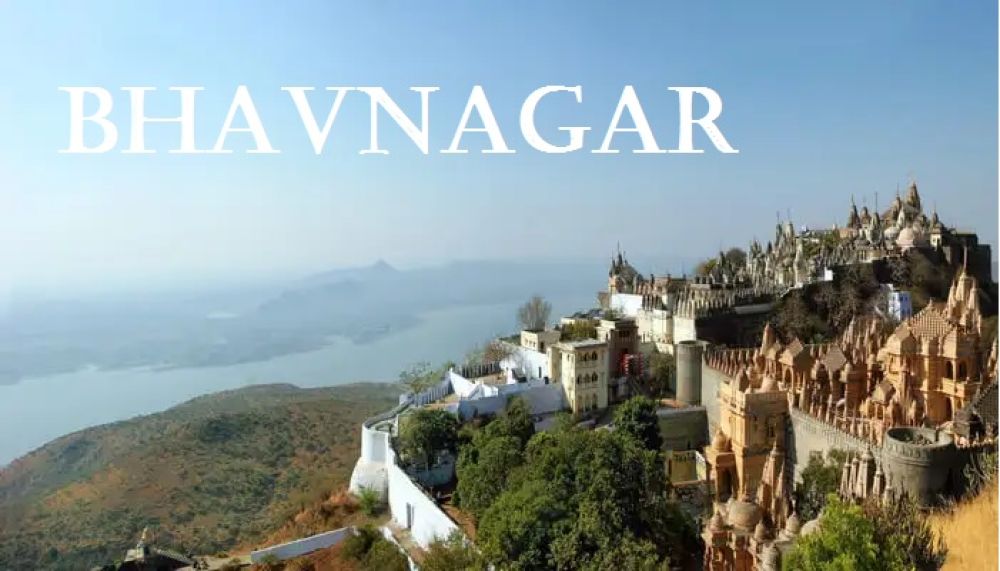

Bhavnagar, nestled in the Saurashtra region of Gujarat, India, is a city steeped in history and culture. The foundation of Bhavnagar can be traced back to 1724 by Bhavsinhji Gohil, establishing it as a prominent city-state that thrived on trade. The city is historically significant as it emerged as an important center for commerce, with its ports bustling with activity involving maritime trade.
The seeds of tourism in Bhavnagar were sown during the reign of the Gohil Rajput dynasty. The rulers of Bhavnagar took considerable interest in constructing magnificent buildings, temples, and gardens, which laid the foundation for future tourist attractions. Over the years, these spots have drawn in visitors who are keen to explore the regal heritage and architectural marvels of the city.
As India gained independence and progressed through the 20th century, Bhavnagar adapted to the modern world. The city opened up its historical treasures to more visitors through improved transportation links and infrastructure development. The establishment of hotels and travel services also contributed to making Bhavnagar a more accessible destination for tourists.
Tourism in Bhavnagar revolves around several key attractions that resonate with historical significance and natural beauty. Some of these include:
In recent years, Bhavnagar has witnessed a shift towards experiential and sustainable tourism. Visitors are looking for authentic experiences that go beyond traditional sightseeing. Ecotourism activities in places like Velavadar National Park and Palitana have become increasingly popular. Tourists are also actively seeking to engage with the local culture through homestays and participating in local festivals and events.
Digital advancements have also played a significant role in shaping tourism trends. The ease of online bookings and availability of information has greatly benefited the growth of tourism in Bhavnagar.
Overall, the city of Bhavnagar continues to evolve as a destination, balancing its rich history with modern tourist expectations. The blend of historical sites along with a touch of the modern hospitality industry makes the tourism experience here a unique and enriching one.